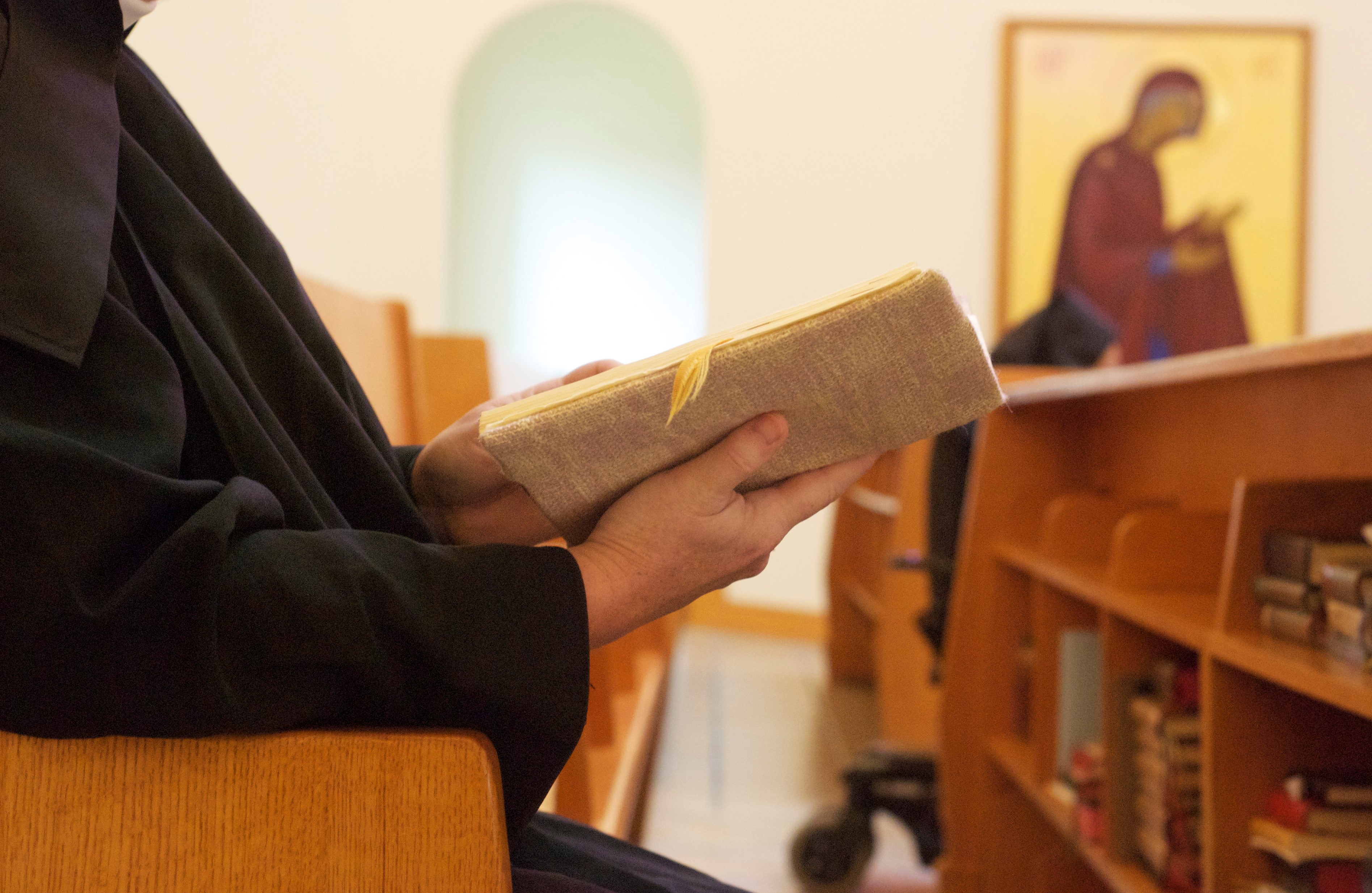
Christi Himmelfahrt (The Ascension of Christ), Gebhard Fugel (1893)
The Solemnity of the Ascension of Christ is quickly approaching on the liturgical calendar. It arrives on Thursday of this week, forty days after Easter. This day is a joyful celebration of Jesus’ victory, although the joy is so often missed; many of us are tempted to feel a bit lonely, much like the apostles must have felt as they watched him disappear into the clouds. And yet we know that our Lord consoled his disciples with the words “I am with you always, until the end of the world” (Mt 28:20). A right understanding of this heavenly feast, then, requires a closer look at its meaning.
Pope Benedict XVI, in his book Dogma and Preaching, delivers a clear response to the common misunderstanding of the spiritual significance of the Ascension. He reminds us that we, in our humanity, also enter into heaven; man now has a permanent home in God’s presence. And what’s more, he says,
Heaven is not a place beyond the stars, but something much greater, something that requires far more audacity to assert: Heaven means that man now has a place in God. …Christ, the man who is in God and eternally one with God, is at the same time God’s abiding openness to all human beings. Thus Jesus himself is what we call “heaven”; heaven is not a place but a person, the person of him in whom God and man are forever and inseparably one. And we go to heaven and enter into heaven to the extent that we go to Jesus Christ and enter into him. In this sense, “ascension into heaven” can be something that takes place in our everyday lives.
As we enter spiritually into Christ, then, so too do we enter heaven. And as we are certain of the indwelling of Christ in our souls, we can now truly understand the Scripture, “The kingdom of heaven is within you” (Lk 17:21)!

 The “Work of God” is one of several names used for the Divine Office, the official prayer of the Church. All consecrated men and women, whether priest or religious, celebrate the Work of God, and by doing so partake of the prayer of Christ to the Father on behalf of the world. This daily worship is comprised mainly of the recitation of the psalms, which sanctifies each day.
The “Work of God” is one of several names used for the Divine Office, the official prayer of the Church. All consecrated men and women, whether priest or religious, celebrate the Work of God, and by doing so partake of the prayer of Christ to the Father on behalf of the world. This daily worship is comprised mainly of the recitation of the psalms, which sanctifies each day.


 In this college commencement season, young people are searching for a direction in life, looking for the next step. The possibilites seem endless, and yet, we often feel that there must be a “right path”. There is something deep within us that wants to believe there is a unique place in the world and a special role that only one person can fulfill. Is this just wishful thinking?
In this college commencement season, young people are searching for a direction in life, looking for the next step. The possibilites seem endless, and yet, we often feel that there must be a “right path”. There is something deep within us that wants to believe there is a unique place in the world and a special role that only one person can fulfill. Is this just wishful thinking?